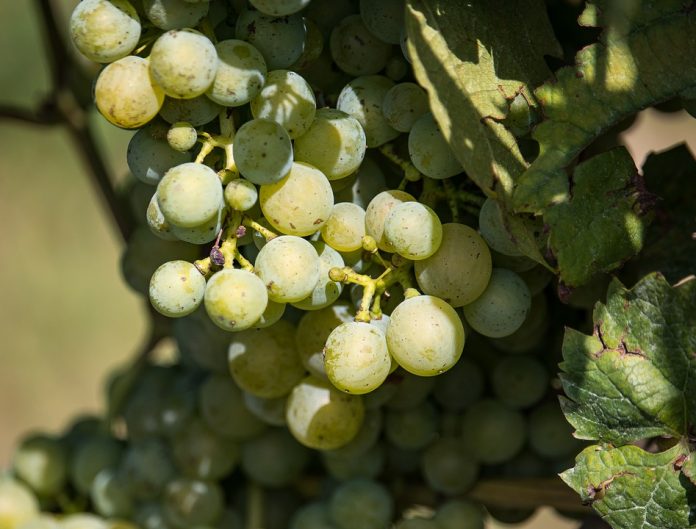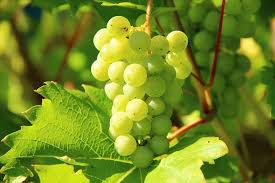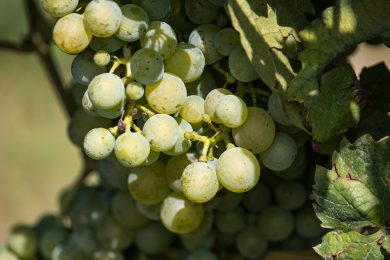A PROMINENT Coonawarra vigneron has raised concerns about potential implications for the Limestone Coast if the current South Australian Genetically Modified (GM) Food Crop Moratorium is lifted.
His warning comes as the State Government has released the independent review of the moratorium which it claims has denied the state’s grain farmers at least $33m since it was introduced in 2004.
An independent review of the current moratorium, overseen by University of Adelaide agricultural economist Kym Anderson, found a majority of the 200 submissions backed the immediate removal of the moratorium.
The review stated additional farmer benefits from lifting the ban would include having more varieties to choose from to best suit specific environments and seasonal weather anomalies, environmental and health benefits from reduced farm chemical applications and a likely boost to the value of farm land whose productivity and profitability is raised.
Respondents also supported a moratorium on Kangaroo Island, with only mainland South Australia to lift the ban.
However, Dru Reschke, owner and operator of Australian Organic Standards certified wine label Koonara, believes the moratorium must stay in place to protect the state’s reputation for high quality GMO-free produce worldwide.
“Most GMOs are created so they are Round-Up resistant,” Mr Reschke said.
“Round-Up is Bayer’s patented name for Glyphosate, the world’s most used chemical.
“It works by binding up all the positive ion minerals, like magnesium, calcium, iron, cobalt and manganese, stopping the plant from using them.
“The plant gets sick because it cannot fight off disease – if we eat a plant sprayed by glyphosate, the same thing happens to us.”
Mr Reschke warned about the potential health implications glyphosate has on humans, citing a US Supreme Court ruling which determined the herbicide as a “carcinogen”.
“The Walsh Institute in the US has studied over 10,000 patients with depression, schizophrenia, bipolar and autism and found the common elements were “deficiencies of magnesium, calcium, manganese, iron and zinc,” he said.
“In a report in 2012, scientists found most disease-causing bacteria were highly resistant to glyphosate; however, most of the tested beneficial bacteria were found to be moderate to highly susceptible.
“There are now 20,000 papers linking glyphosate to human disease.
“Bayer have 280 – mostly funded by them – saying that it’s ok.”
The South Australian Wine Industry Association supported maintaining the existing moratorium to September, 2025 based on a number of factors, including a negative impact of the industry’s reputation.
The association also cited potential for additional complexity and cost to the traceability and labelling requirements within the wine industry’s major export markets and the risks for potential movement of genetic material to cause unintended cross-contamination.
Primary Producers SA (PPSA), the state’s peak body for primary producers including Wine Grape Growers Association SA, Grain Producers SA, Livestock SA, Horticultural Coalition of SA and SA Dairy Farmers Association, supported the removal of the moratorium in a submission.
Its submission stated South Australian agriculture had been left behind by the GM moratorium.
“Where a premium might be available, it is as likely to go to a producer in another state as it is in South Australia, by either claiming non GM on the label,” it said.
“There have never been protocols put in place re: seed crossing borders or harvesting equipment and this is with a situation where some growers have land in both SA and Victoria.
“We are seen as never been ‘fair dinkum’ with the moratorium and other states see it as all a bit strange and anti farmer.”
The submission said the moratorium had seen SA take a different approach than the rest of mainland Australia.
“This has seen our growers put at both competitive and agronomic disadvantage over the last decade and a half,” it said.
“We are year on year falling further behind and this disadvantage is compounding each year as further GM developments are occurring.
“Food and wine provide this state with 52pc of our export income – this is particularly important to the SA economy.
“The moratorium represents an increasing threat to this performance and therefore to the state’s economic performance.”
Primary Industry Minister Tim Whetstone said the State Government would now consider the report and the findings.










